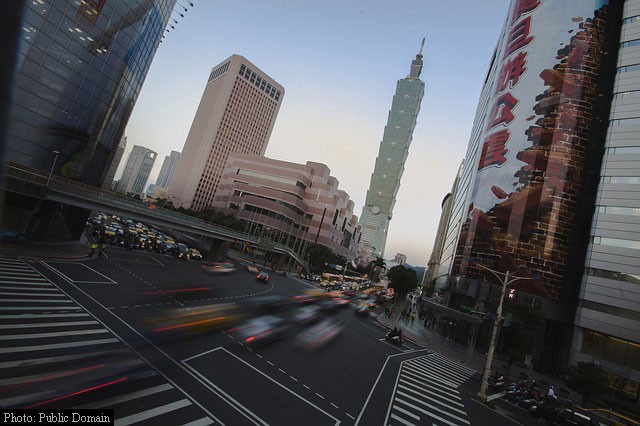
My wife is currently in China, and reported back on recent changes:
Young people in Beijing now carry little cash, and use their cell phone to buy things.
They like to order take out. It’s often cheaper to use your cell phone to order delivery of a cup of coffee, than to buy one at Starbucks. Must be nice.
The apartment buildings have individual storage boxes for delivery packages. The delivery person has the code to open it and leave a package; you use your cell phone to open it and pick up your package. Maybe this high tech stuff is also common here, I’m totally out of touch. But China wasn’t like this back in 2012, our previous trip.
A Uber-type taxi company is very popular, quick to arrive, and extremely cheap. It’s first come first serve. (Last time I was there regular taxis were also cheap, but hard to get.)
She went to a wedding costing $65,000. I asked if the family was rich, and she said “no.”
One restaurant she attended required all patrons to put their cell phones in small paper bags on the table while they ate dinner. The goal was to get them to talk to each other, rather than play with their phones.
The police are cracking down on drunk drivers, and as a result people have dramatically cut back on drinking at restaurants. Many Chinese are now afraid to have even a single drink during dinner.
Services are still really cheap for the locals. One very nice banquet she attended in a private dining room had 26 dishes, and cost a total of $130 for 13 people. That includes tax (there is no tipping in China.) The Chinese Groupon program allows thrifty people to enjoy lavish dinners at even lower prices. If you are a tourist visiting China you will probably not see these prices; you will pay Western prices for dinner. (Unless you are a famous blogger with unusual restaurant evaluation skills.)
But you will see very low prices for subways, taxis and many other services. In 2014 3.41 billion rides occurred on the subway, most of any city in the world. The fare was 32 cents. (This year it was increased.) Beijing is expected to add 7 new or extended subway lines this year. Hey NYC, how’s that Second Avenue line coming along?
Her mom’s maid takes high-speed rail home on holidays. (700 miles in 4 hours) That’s right, the system “only the rich” would be able to afford. (Or so they said as recently as 2010, which is like a generation in Chinese terms. And let’s not even talk about Amtrak today.
Beijing’s official GDP per capita is $16,150, but the actual figure is probably closer to $30,000, in PPP terms. I would put the odds of Beijing/Tianjin/Yangtze Delta/Pearl River Delta getting stuck in the middle-income trap at roughly zero. But those regions represent 15% of China. For the rest of Han China, I’d say the odds are 3%. For western China, 20%.
Disclaimer: This page contains affiliate links. If you choose to make a purchase after clicking a link, we may receive a commission at no additional cost to you. Thank you for your support!




Leave a Reply